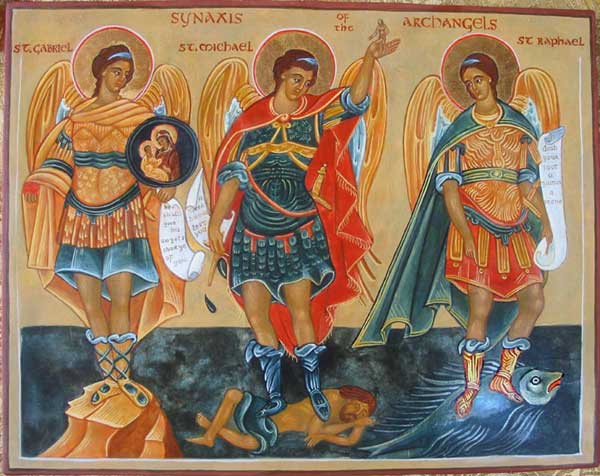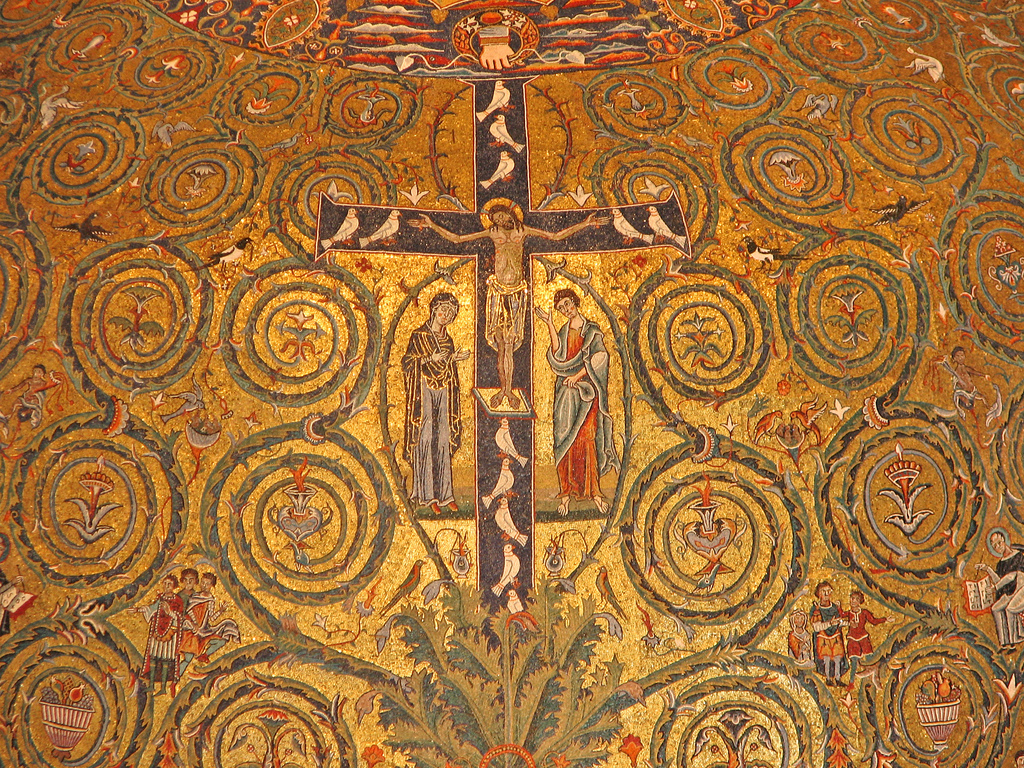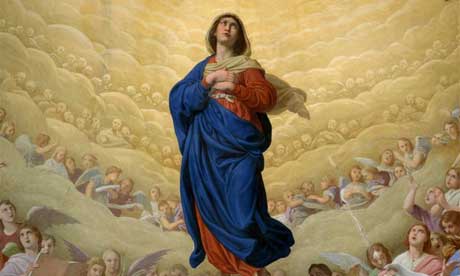 There has been increasingly more and more debate concerning the new document from the Vatican on the ordination of homosexual men to the priesthood. Since I am writing this before the release of the Vatican’s document on the subject, it not proper to assume what the Vatican will or will not do.
There has been increasingly more and more debate concerning the new document from the Vatican on the ordination of homosexual men to the priesthood. Since I am writing this before the release of the Vatican’s document on the subject, it not proper to assume what the Vatican will or will not do.
This has not stopped many men, self-identified as homosexuals, from chastising the pope and church authorities over the document while its contents were mere speculation. It is particularly distressing to hear the claim made that single, celibate men have the right to ordination if they “feel” they have a calling to the priesthood. Such statements confuse hearers regarding the Church’s understanding of ordination.
What is worse, some who disagree with what the Church teaches have taken to declaring the Church and the pope to be “bigots.” To make such statements is not only unwarranted — since the document has not even been issued yet — but also stretches beyond the boundaries of Christian charity. Some homosexual men have made their complaint against the Church and the proposed document from the Vatican because they believe that Christ is “calling” them to the priesthood. But this argument doesn’t hold water if we look at the Church’s teaching concerning sacred ordination.
Let’s get some facts straight about the Church and the calling to the priesthood. As individuals we don’t call ourselves to the priesthood, we discern a possible call to the priesthood. It is the responsibility of the Church that Jesus Christ founded to discern if an individual is indeed being called by Christ to the priesthood. This call is never one that is definitively decided by the individual, but by Jesus Christ Himself through the ministry of the Church. Therefore, those who would claim “I am called to the priesthood but the Church won’t ordain me” are advocating a fallacy and ignorance. A call to the priesthood consists of three steps: a vocation to the priesthood by being called to it by Jesus Christ; having that call authenticated by the Church; and either the acceptance or rejection by a man to that calling. (It is true that a man can be called to the priesthood and reject that call.)
We can look to the actual ordination rite as evidence of this threefold calling. The Rite of Ordination to the Diaconate states: “Most Reverend Father, holy Mother Church asks you to ordain this man, our brother, to the responsibility of the diaconate.” It is to be noted that it is holy Mother Church who calls the man forward to be ordained. The rite does not propose that it is the man who asks to be ordained deacon, but the Church that asks and the man accepts. The bishop goes on to say: “Relying on the help of the Lord God and our Savior Jesus Christ, we choose this man, our brother, for the Order of the diaconate.” Again, it is the bishop, as chief shepherd of the diocese, who is choosing this man for ordination because the local Church has verified this man’s calling to the priesthood.
As a former seminarian who spent four years discerning a call to the priesthood, experience has shown me the difficulties of including homosexuals among the ordained. In my early years, I advocated that homosexual men should be allowed to be priests as long as they were celibate. My position has since changed.
Through talking with other seminarians who are homosexual, I have learned that for many homosexual men seminary has become somewhat of a haven, a place to “hide out” so to speak, from the problems of the world. I would presume that many homosexual men enter seminary with honest intentions — to presume otherwise is simply arrogance. They truly want to live a celibate life. They think “the problem” will go away, but often leave because it doesn’t. Some of my own seminary brothers were homosexual men and even to this day I consider them friends. I have learned that three different things happen to homosexuals when they enter the seminary. They may leave because they learn being celibate is too difficult when constantly around other men. They may be expelled because they have failed to remain celibate. Or they slip under the radar, become ordained priests who are not very integrated individuals, and cause problems in the Church somewhere down the line — whether that be in inappropriate relationships or by failing to uphold Church teaching.
The statistics regarding abuse by priests show that most of the victims of the sexual abuse crisis were young males who were victimized by homosexual priests. Then there is the problem of two homosexual men living in a rectory together. Would we turn a blind eye to a heterosexual priest sharing his rectory with a nun or two?
As a heterosexual former seminarian, I will tell you it is also very difficult to discern a vocation in the company of homosexual men who aren’t committed to celibacy and are indeed fornicating with each other as though no one else knows about it. I do not fault the administration of the particular seminary I attended. They did not know about it and when it did come to light, those individuals were expelled. But enough of this, especially where discipline is lax, and you create a culture where men who are heterosexual and faithfully celibate are the minority and feel like odd men out. Is this the way we promote vocations to the priesthood?
This is the same kind of phenomenon you find in parishes these days where boys no longer want to be altar servers because they have to serve alongside of girls. The fastest way to discourage boys from something is to make it a girl’s thing. And the fastest way to discourage normal men from pursuing something is to associate it with homosexuals. From this standpoint alone limiting the priesthood to heterosexuals may be practical and actually vocation-promoting.
Aw, but what about what “I want?” How does personal desire fit into the picture?
When did we ever get the idea that when it comes to the commandments of Christ and His Church that God needs our permission? Paul says in his first letter to Timothy that the “Church is the pillar and bulwark of truth.” Let’s get something straight: the Church is our mother and is here to be our safeguard. The pope is infallible in matters of faith and morals. As individuals, we have no infallibility. Our desires are not infallible. Our consciences are not infallible.
Christ promised us He would be with us always, even until the end of time. Not with us as scattered individuals, but through the Church. With regards to church teaching we need more often to heed the words of St. John: “He must increase, I must decrease” (Jn 3:30). We have placed our ideas, our thoughts and our desires up on the same plane as the commands of God.
Is the Church homophobic? No, but those who are making the accusation are demonstrating fear of the truth.



